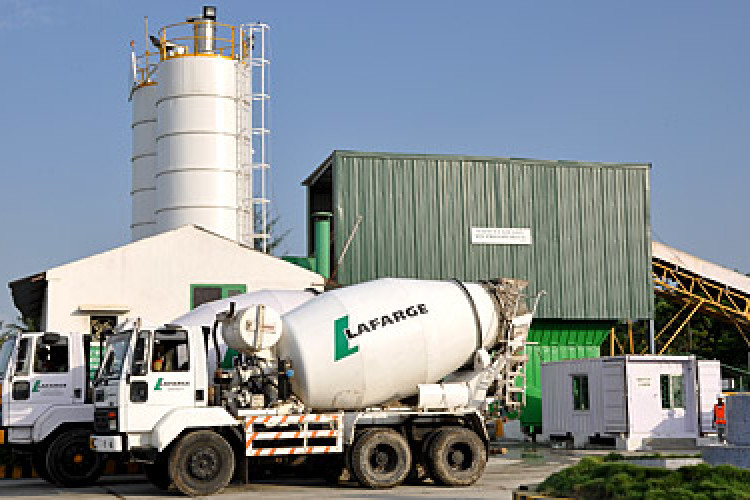
According to court documents, Lafarge and its Damascus-based subsidiary Lafarge Cement Syria (LCS), made payments to the Islamic State of Iraq and al-Sham – better known as ISIS – and its ally, the al-Nusrah Front (ANF), in exchange for permission to operate a cement plant in Syria from 2013 to 2014.
The bribes allowed LCS to obtain approximately US$70.3m (£62.5m) in revenues.
US district judge William Kuntz sentenced the defendants to terms of probation and to pay financial penalties, including criminal fines and forfeiture, totalling US$777.78m.
“The terrorism crimes to which Lafarge and its subsidiary have pleaded guilty are a vivid reminder of how corporate crime can intersect with national security,” said deputy attorney general Lisa Monaco.
“The defendants partnered with ISIS, one of the most brutal terrorist organisations the world has ever known, to enhance profits and increase market share — all while ISIS engaged in a notorious campaign of violence during the Syrian civil war.
“This case sends the clear message to all companies, but especially those operating in high-risk environments, to invest in robust compliance programs, pay vigilant attention to national security compliance risks, and conduct careful due diligence in mergers and acquisitions,” said Monaco.
.gif)
Assistant attorney general Matthew Olsen of the Justice Department’s National Security Division said: “The defendants routed nearly six million dollars in illicit payments to two of the world’s most notorious terrorist organisations – ISIS and al-Nusrah Front in Syria – at a time those groups were brutalising innocent civilians in Syria and actively plotting to harm Americans.”
From approximately May 2010 to September 2014, Lafarge, through LCS, operated a cement plant in the Jalabiyeh region of Northern Syria that Lafarge had built at a cost of approximately US$680 million. After the start of the Syrian civil war in 2011, Lafarge and LCS agreed to pay armed factions in the civil war to protect LCS employees, ensure continued operation of the plant and obtain economic advantage over their competitors in the Syrian cement market.
The US Justice Department said that Lafarge and LCS executives intentionally structured their agreements with ISIS to compensate the terrorist organisation based on the amount of cement that LCS was able to sell – effectively, a revenue-sharing agreement – to incentivise the terrorist group to act in LCS’s economic interest.
In 2015 Lafarge was bought by Swiss group Holcim. According to court papers, the Lafarge executives failed to disclose LCS’s payment to ISIS and ANF to the new owner during pre-acquisition diligence meetings. Nor did Holcim conduct pre- or post-acquisition due diligence of Lafarge’s Syrian operations which had, by then, ceased operating.
Neither Lafarge nor its new owner, Holcim, cooperated fully with the investigation, said the Justice Department.
Pleading guilty to the charges, Lafarge said it “deeply regretted” the events and accepted responsibility “for the individual executives involved”. The behaviour of the executives had been a “flagrant violation” of its code of conduct, the company said.
Got a story? Email [email protected]
